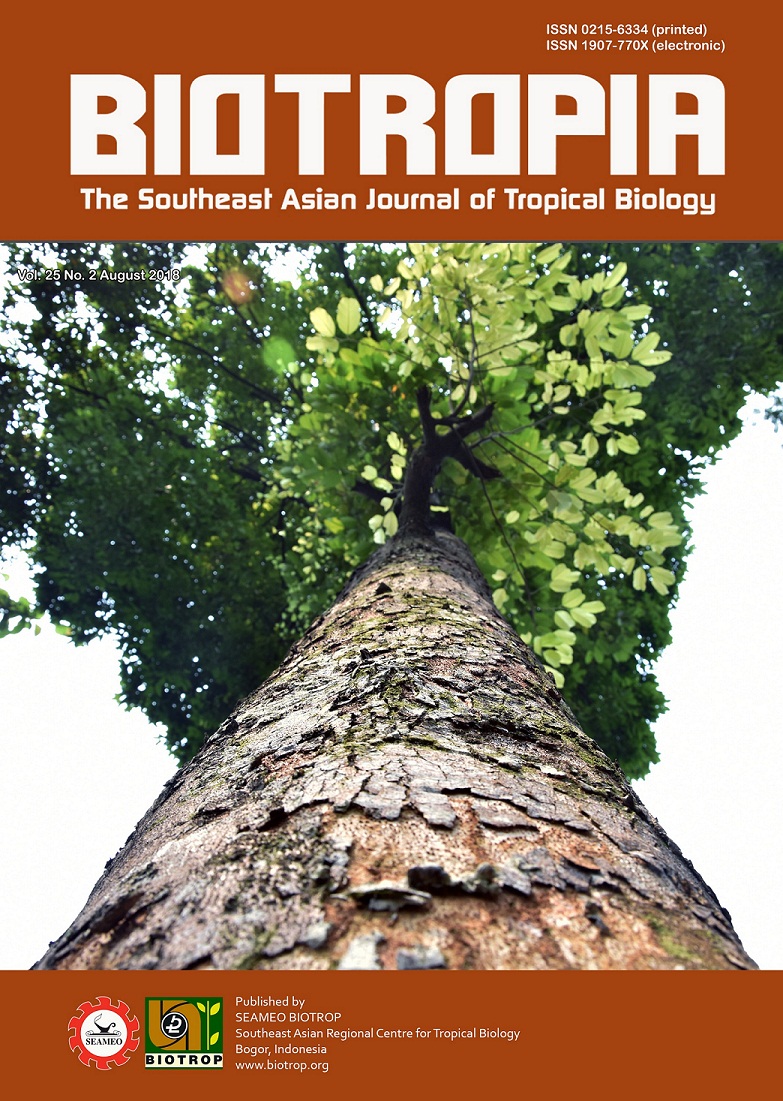
Tags
RESISTANCE AGAINST Aeromonas hydrophila INFECTION AND GROWTH OF SECOND GENERATION (F2) AFRICAN CATFISH [Clarias gariepinus] USING SELECTED MOLECULAR MARKERS
Content Language : English

Aeromonas hydrophila is a pathogenic bacteria that causes mass mortality in catfish. In previous studies, specific pathogen resistant (SPR), A. hydrophila-resistant African catfish first generation (F1) has been cultivated by marker assisted selection using the major histocompatibility complex (MHC) 1 as a molecular marker. In this study, growth performance, inheritance of the MHC DNA marker in the second generation (F2) of catfish and disease resistance against A. hydrophila infection were observed. The F2 progenies were produced by crossing F1 fish between themselves. Nursery was performed in 80-L glass aquaria, 4 replications for each cross, at the same initial density, for 2 months of rearing. The results showed that daily growth rate of F2 progenies from the SPR broods was significantly higher than those from broods without the marker. Results of the PCR analysis showed that average number of F2 progenies from SPR broods carrying the MHC marker was about 91% higher than that of control. After the fish reached about 12 cm body length, they were challenged by intramuscularly injecting of 0.1 mL A. hydrophila (LD50: 106 CFU ml-1) for 7 days. Results of challenge test showed that survival of F2 offspring from the crosses of SPR broods (77.2%) was about two times higher than those from brood without MHC marker (38.3%). Differential leukocyte count supported the high resistance of F2 progenies from F1 broods having MHC I marker against A. hydrophila infection. In conclusion, African catfish farming carrying MHC marker potentially have higher productivity and reduces fish lose due to infection by A. hydrophila.
Link

This work is licensed under a Creative Commons Attribution-NonCommercial-NoDerivatives 4.0 International License.
